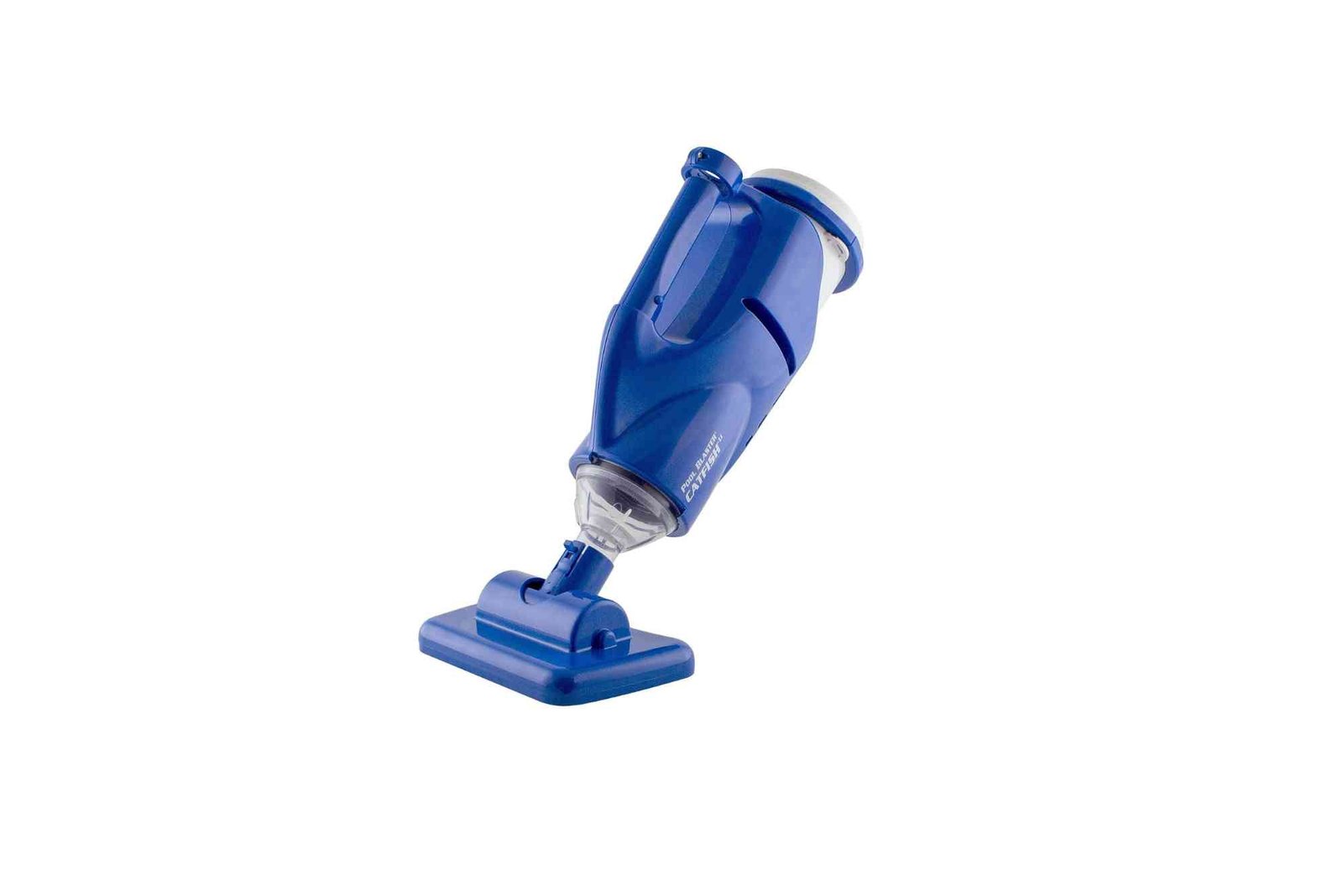Taking care of your child’s oral health is a critical step in ensuring their overall well-being. Parents often wonder, when should kids go to the dentist for their first checkup? The answer, along with practical advice on managing teething and establishing good dental habits, can set your child up for a lifetime of healthy smiles. This article explores the ideal timing for a child’s first dental visit, why it matters, and how to prepare, while also offering teething remedies to ease discomfort during those early years.
Why Early Dental Checkups Matter
The American Academy of Pediatric Dentistry (AAPD) recommends that children visit the dentist by their first birthday or within six months of their first tooth erupting. This might seem early, but it’s a proactive step to prevent dental issues and establish a positive relationship with oral care. Early visits allow dentists to monitor tooth development, identify potential problems, and guide parents on proper care techniques.
Starting dental visits early also helps children become comfortable with the dentist’s office, reducing anxiety for future appointments. By addressing concerns like tooth decay or misalignment early, parents can avoid more complex treatments later. Moreover, dentists can provide tailored advice on teething remedies and oral hygiene practices to support your child’s unique needs.
When Should Kids Go to the Dentist for the First Time?
The question of when should kids go to the dentist is straightforward: the first visit should occur by age one or when the first tooth appears, typically between 6 and 12 months. This timing aligns with the eruption of primary teeth, which are critical for chewing, speech development, and reserving space for permanent teeth. Early checkups allow dentists to assess the health of these teeth and ensure they’re developing correctly.
For example, some children may experience delayed tooth eruption or early signs of decay due to diet or genetics. A dentist can catch these issues early, offering solutions like fluoride treatments or dietary adjustments. If you’re wondering when should kids go to the dentist beyond the first visit, the AAPD suggests regular checkups every six months to maintain optimal oral health.
Preparing for the First Dental Visit
The first dental visit can feel daunting for both parents and children, but preparation makes it smoother. Here’s how to ensure a positive experience:
-
Choose a Pediatric Dentist: Pediatric dentists specialize in children’s oral health and are trained to create a welcoming environment. They often use child-friendly language and tools to make the visit engaging.
-
Explain the Process: Talk to your child about the dentist in a positive way. For example, say, “The dentist will check your teeth to make sure they’re strong!” Avoid words like “pain” or “shot” to prevent fear.
-
Schedule Wisely: Book the appointment for a time when your child is well-rested and fed, such as mid-morning, to avoid crankiness.
-
Bring Comfort Items: A favorite toy or blanket can help your child feel secure during the visit.
During the visit, the dentist will examine your child’s teeth, gums, and jaw, checking for signs of decay, misalignment, or other issues. They may also clean the teeth and apply a fluoride varnish to strengthen enamel. Parents can ask about brushing techniques, teething remedies, or dietary tips to support oral health.
Teething Remedies to Ease Discomfort
Teething is a significant milestone that often comes with discomfort. Knowing when should kids go to the dentist is important, but managing teething pain at home is equally crucial. Here are some safe and effective teething remedies to help your child through this phase:
-
Cold Compresses: Offer a chilled (not frozen) washcloth or teething ring for your child to chew on. The cold temperature numbs the gums, reducing pain and inflammation.
-
Gentle Gum Massage: Use a clean finger to gently massage your child’s gums. This can provide relief and stimulate blood flow to the area.
-
Safe Teething Toys: Choose BPA-free silicone teething rings or toys designed for infants. Avoid liquid-filled rings, as they can leak or harbor bacteria.
-
Over-the-Counter Relief: If discomfort persists, consult your pediatrician about using infant-safe pain relievers like acetaminophen. Always follow dosage instructions carefully.
-
Natural Remedies: Some parents find that chilled fruit purees (like applesauce) or a wooden teething toy can soothe gums naturally. Ensure any food is age-appropriate to avoid choking.
Avoid teething gels containing benzocaine, as they can pose risks to infants. Always consult your dentist or pediatrician before trying new teething remedies to ensure they’re safe for your child.
Building Healthy Dental Habits Early
The first dental visit is an opportunity to learn how to care for your child’s teeth at home. Dentists often emphasize the importance of starting oral hygiene early, even before the first tooth appears. Here’s how to build a strong foundation:
-
Start Cleaning Early: Wipe your baby’s gums with a soft, damp cloth after feedings to remove bacteria and prevent buildup.
-
Brush Gently: Once teeth erupt, use a soft-bristled, infant-sized toothbrush with a rice-grain-sized amount of fluoride toothpaste for children under 3. For kids 3–6, use a pea-sized amount.
-
Limit Sugary Foods: Sugary drinks and snacks can lead to early tooth decay. Offer water or milk instead of juice, and avoid letting your child sleep with a bottle.
-
Model Good Habits: Children learn by example. Brush your teeth together to make it a fun, shared activity.
By establishing these habits early, you reduce the risk of cavities and other dental issues. Regular checkups, starting when you first ask when should kids go to the dentist, reinforce these practices and keep your child’s smile healthy.
Common Dental Concerns in Young Children
During the first few dental visits, dentists may identify issues that require attention. Some common concerns include:
-
Early Childhood Caries (ECC): Also known as baby bottle tooth decay, ECC occurs when teeth are exposed to sugary liquids for prolonged periods. To prevent this, avoid bedtime bottles and clean your child’s teeth after feedings.
-
Thumb-Sucking or Pacifier Use: Prolonged thumb-sucking or pacifier use after age 3 can affect tooth alignment. Dentists can offer strategies to phase out these habits.
-
Teething Pain: As discussed, teething remedies can help manage discomfort, but persistent issues may warrant a dental checkup to rule out complications.
Addressing these concerns early can prevent long-term issues, making regular dental visits essential.
Overcoming Dental Anxiety
Many parents worry about their child’s reaction to the dentist. To ease anxiety:
-
Start Young: Early visits normalize the experience before fear develops.
-
Read Books or Watch Videos: Age-appropriate stories about visiting the dentist can make the process familiar and fun.
-
Stay Calm: Children pick up on parental anxiety, so approach the visit with confidence.
Pediatric dentists are skilled at making visits enjoyable, often using games or rewards to create positive associations.
The Long-Term Benefits of Early Dental Care
Starting dental visits by age one sets the stage for lifelong oral health. Regular checkups help catch issues early, reduce the need for invasive treatments, and teach children that dental care is a normal part of life. Combined with effective teething remedies and consistent home care, early intervention ensures your child’s smile stays bright and healthy.
If you’re still wondering when should kids go to the dentist, the answer is simple: by their first birthday or when their first tooth appears. Schedule that first visit, arm yourself with safe teething remedies, and take the first step toward a lifetime of healthy smiles for your child.










